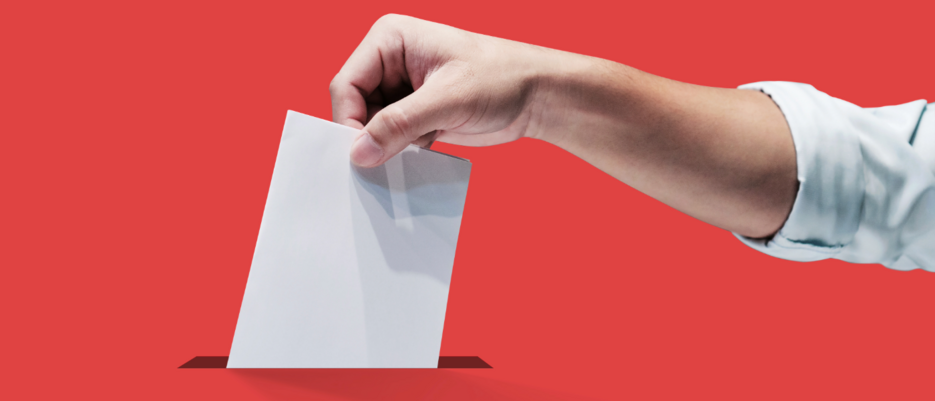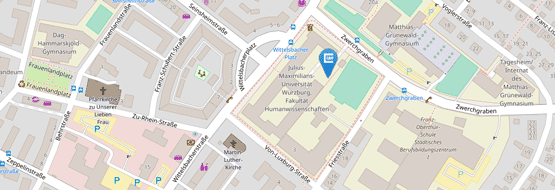Neue interdisziplinäre Publikation: “Opinion Models, Election Data, and Political Theory”
03/11/2024Matthias Gsänger und Christoph Mohamad-Klotzbach (JMU Würzburg) haben gemeinsam mit den Mathematikern Johannes Müller und Volker Hösel (TU München) eine innovative Studie in der naturwissenschaftlichen Zeitschrift Entropy veröffentlicht.
Im Rahmen der Studie präsentieren die vier Wissenschaftler im Rahmen eines vergleichenden Designs eine Verknüpfung von Überlegungen der politischen Theorie, Evolutionstheorie, Wahlforschung und mathematischer Modellbildung. Auf Basis des Vergleichs unterschiedlicher mathematischer Modelle können sie zeigen, wie in ganz unterschiedlichen Regierungs- und Wahlsystemen (Großbritannien, Deutschland, USA, Frankreich) politische Meinungsbildungsprozesse stattfinden, geprägt durch die unterschiedlichen institutionellen Settings. Die Fokussierung auf die Dynamik der Meinungsbildung, die dem Akt der Stimmabgabe vorausgeht, ermöglicht Einblicke sowohl in die empirische Erklärung von Wahlen als auch in wichtige Aspekte der Demokratietheorie. Die Studie macht die Nützlichkeit eines interdisziplinären Ansatzes bei der Untersuchung realer politischer Ergebnisse mit Hilfe mathematischer Modelle deutlich.
Die Studie ist im Rahmen eines Special Issues zu „Entropy-Based Applications in Sociophysics“ (Editor: Francisco W. De Sousa Lima) erschienen.
Publikation: Gsänger, Matthias / Hösel, Volker / Mohamad-Klotzbach, Christoph / Müller, Johannes. 2024. Opinion Models, Election Data, and Political Theory. Entropy 26 (3): 212. https://doi.org/10.3390/e26030212
Kontakt: Dr. Matthias Gsänger, Institut für Politikwissenschaft und Soziologie, Email: matthias.gsaenger@uni-wuerzburg.de
Abstract der Studie:
A unifying setup for opinion models originating in statistical physics and stochastic opinion dynamics are developed and used to analyze election data. The results are interpreted in the light of political theory. We investigate the connection between Potts (Curie–Weiss) models and stochastic opinion models in the view of the Boltzmann distribution and stochastic Glauber dynamics. We particularly find that the q-voter model can be considered as a natural extension of the Zealot model, which is adapted by Lagrangian parameters. We also discuss weak and strong effects (also called extensive and nonextensive) continuum limits for the models. The results are used to compare the Curie–Weiss model, two q-voter models (weak and strong effects), and a reinforcement model (weak effects) in explaining electoral outcomes in four western democracies (United States, Great Britain, France, and Germany). We find that particularly the weak effects models are able to fit the data (Kolmogorov–Smirnov test) where the weak effects reinforcement model performs best (AIC). Additionally, we show how the institutional structure shapes the process of opinion formation. By focusing on the dynamics of opinion formation preceding the act of voting, the models discussed in this paper give insights both into the empirical explanation of elections as such, as well as important aspects of the theory of democracy. Therefore, this paper shows the usefulness of an interdisciplinary approach in studying real world political outcomes by using mathematical models.



